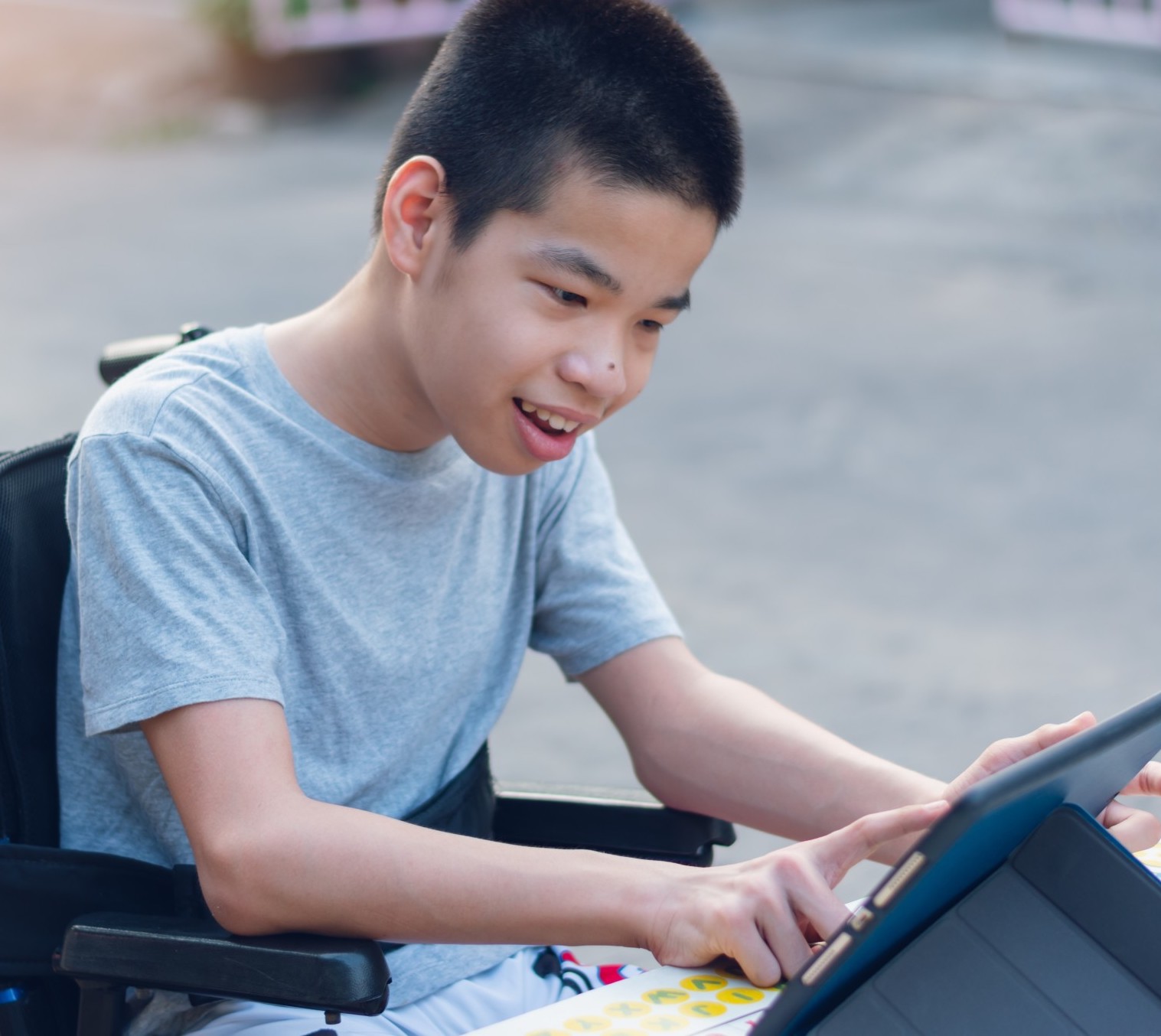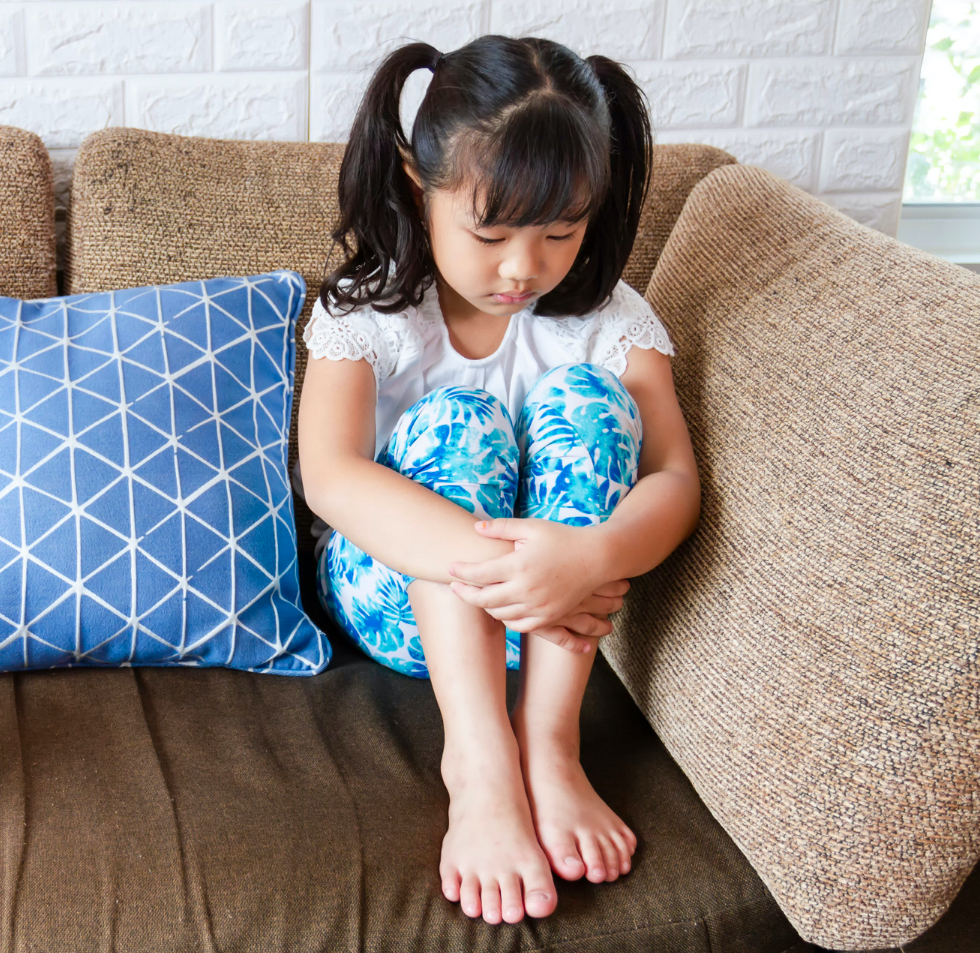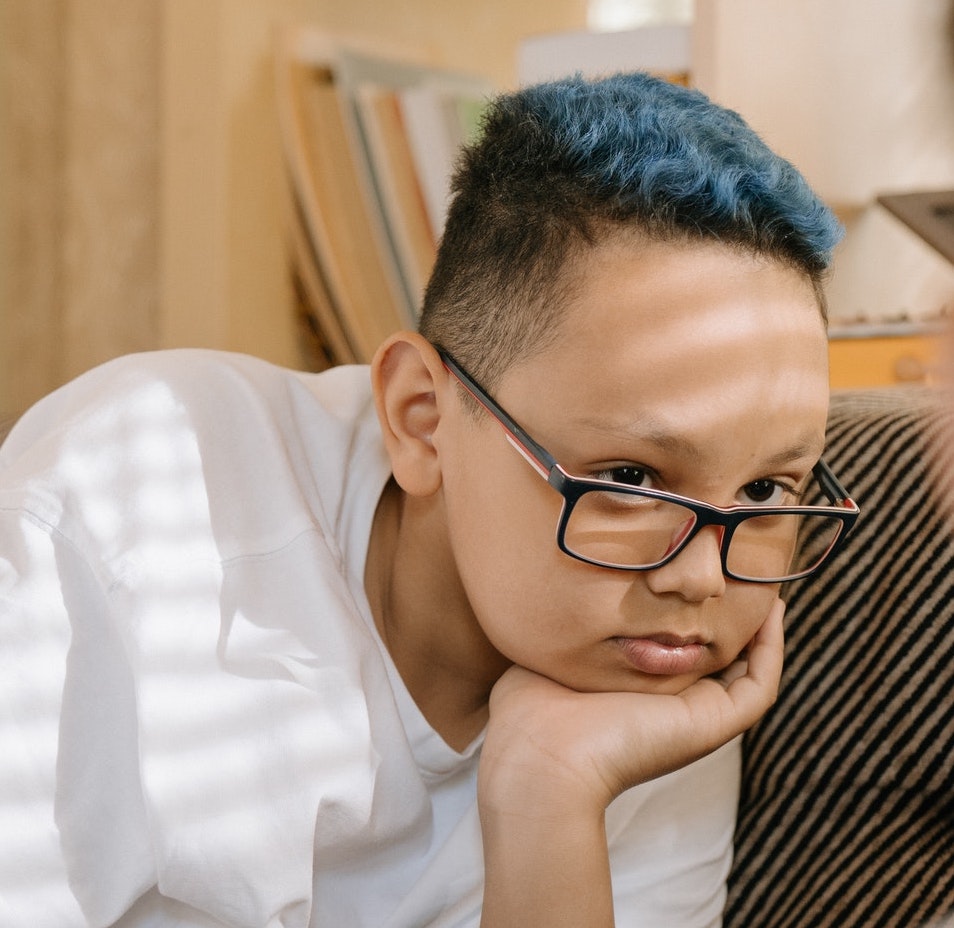Trauma-Informed Parenting: Creating a Nurturing & Stable Home
 As parents, we all want to create a safe, nurturing and stable home for our families. And the collective, cumulative trauma of the past year has made it harder than ever. So it makes sense that we might turn to trauma-informed parenting, often utilized by foster parents or those whose children have experienced trauma, for ideas. Read more ›
As parents, we all want to create a safe, nurturing and stable home for our families. And the collective, cumulative trauma of the past year has made it harder than ever. So it makes sense that we might turn to trauma-informed parenting, often utilized by foster parents or those whose children have experienced trauma, for ideas. Read more ›


 Collective trauma refers to the psychological and emotional distress experienced by a group of people or a community as a result of a shared traumatic event or series of events.
Collective trauma refers to the psychological and emotional distress experienced by a group of people or a community as a result of a shared traumatic event or series of events.
 If your child or teen is struggling with communication, behavior or relationships, or no longer wants to participate in things that they used to enjoy, it may be time to seek help. How do you convince them that it’s time to take that step? And what can you expect when you get there?
If your child or teen is struggling with communication, behavior or relationships, or no longer wants to participate in things that they used to enjoy, it may be time to seek help. How do you convince them that it’s time to take that step? And what can you expect when you get there?
 For students with disabilities, the pandemic has been a landscape of extremes. Some have thrived with distance learning and want to continue in the fall, while many have languished without the in-person support of therapists and teachers and have lost ground academically, socially and emotionally.
For students with disabilities, the pandemic has been a landscape of extremes. Some have thrived with distance learning and want to continue in the fall, while many have languished without the in-person support of therapists and teachers and have lost ground academically, socially and emotionally. 
 We all have some degree of ‘re-entry anxiety’ — whether it’s going back to the workplace, sending our kids to school, or re-engaging with friends and family. The very thing we want the most — to re-enter the world — is causing unease and apprehension. This online gathering features an in-depth conversation with a blue ribbon panel of experts who will offer insights and important practical advice on re-engaging.
We all have some degree of ‘re-entry anxiety’ — whether it’s going back to the workplace, sending our kids to school, or re-engaging with friends and family. The very thing we want the most — to re-enter the world — is causing unease and apprehension. This online gathering features an in-depth conversation with a blue ribbon panel of experts who will offer insights and important practical advice on re-engaging. 
 You’re a parent living through a pandemic, social unrest, economic uncertainty, wildfires and more. Life is unsettling right now, to say the least. Do you feel drained, overwhelmed and absolutely tired right down to your core? How can you keep your head above water?
You’re a parent living through a pandemic, social unrest, economic uncertainty, wildfires and more. Life is unsettling right now, to say the least. Do you feel drained, overwhelmed and absolutely tired right down to your core? How can you keep your head above water?
 Parents often ask how to prepare their child for their first visit to a psychologist. “Should I tell my child about the appointment? What should I say? What if my child doesn’t want to go?”
Parents often ask how to prepare their child for their first visit to a psychologist. “Should I tell my child about the appointment? What should I say? What if my child doesn’t want to go?” 
 You’ve done your research and found someone who you think would be a good fit for your child. But how do you tell them that they’re going to therapy? And how do you get a reluctant child to go?
You’ve done your research and found someone who you think would be a good fit for your child. But how do you tell them that they’re going to therapy? And how do you get a reluctant child to go? 
 It can be a tough thing to accept that your teenager is experiencing depression. But it can be even harder if you feel like they don’t want help.
It can be a tough thing to accept that your teenager is experiencing depression. But it can be even harder if you feel like they don’t want help.
 It can be hard to get kids to agree to see a psychologist or a psychiatrist. In fact this is a common stumbling block for many parents of teenagers struggling with anything from anxiety to ADHD, depression, or an eating disorder. Adolescents need to want to get better, and be willing to work with someone to make that happen. For treatment to work kids need to buy into it, at least a little.
It can be hard to get kids to agree to see a psychologist or a psychiatrist. In fact this is a common stumbling block for many parents of teenagers struggling with anything from anxiety to ADHD, depression, or an eating disorder. Adolescents need to want to get better, and be willing to work with someone to make that happen. For treatment to work kids need to buy into it, at least a little. 

